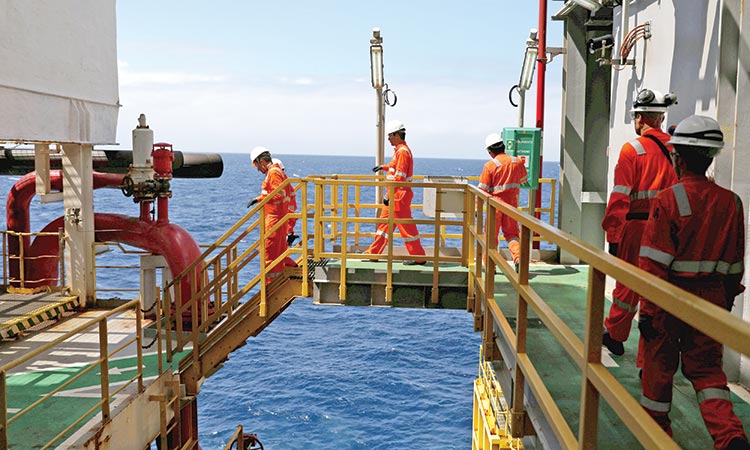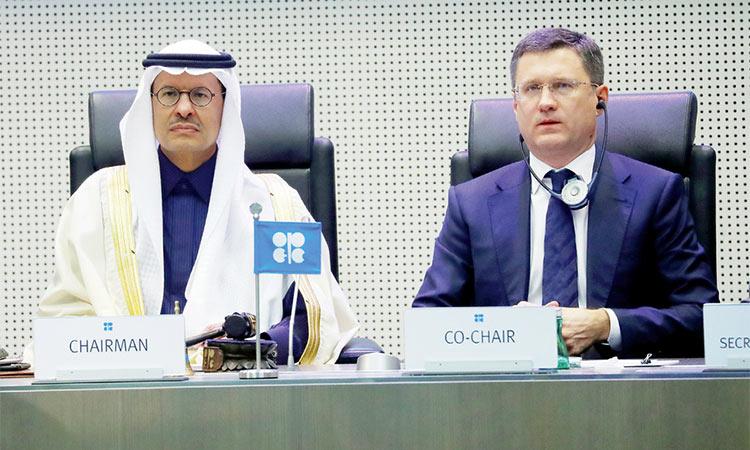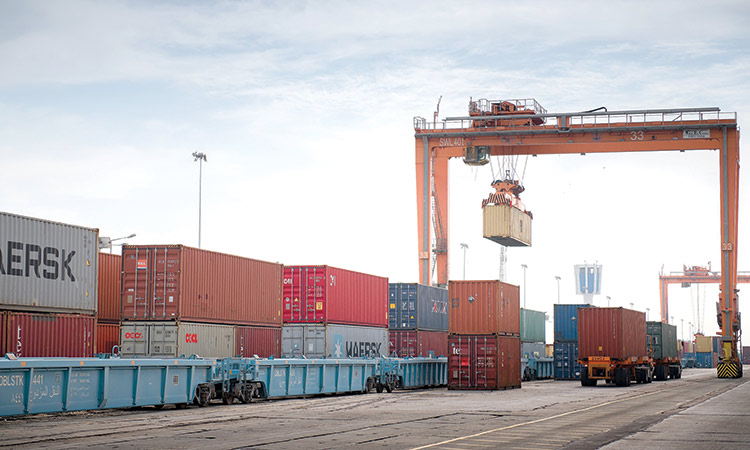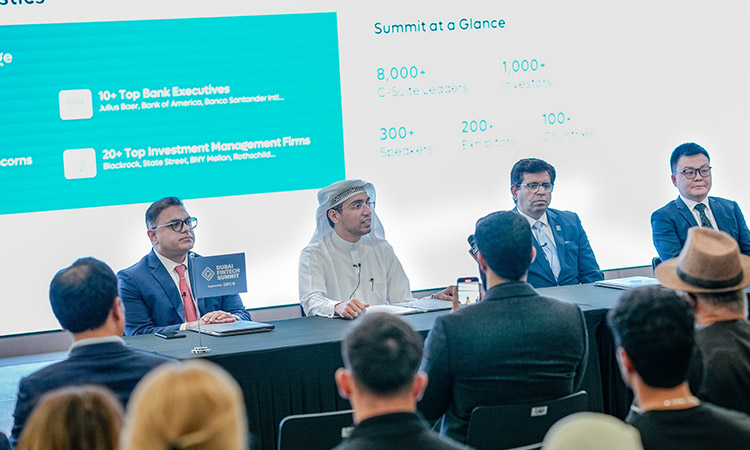Petrobras eyes exit from Brazil bourse’s good governance scheme

An oil rig of Petrobras in Santos Basin, Brazil. Reuters
Chief Executive Roberto Castello Branco is pushing the possibility of exiting the Distinction in Governance Programme for State-Run Firms, established by exchange operator B3 SA, said the people familiar with deliberations, who requested anonymity to discuss confidential matters.
They said Castello Branco believed the measures demanded by the programme add little tangible value to the firm’s compliance efforts and divert resources that could be better used.
In a statement to Reuters, Petrobras did not confirm the deliberations, although it said its continued participation in the programme would depend on “the best interests of the company and its shareholders, always seeking more efficiency without, however, reducing internal controls.”
Petrobras added that improvements to its compliance protocols have “stood out” in recent years and that many requirements of the B3 programme are already part of Brazilian law, so leaving the programme would not necessarily weaken the company’s corporate governance. B3 declined to comment. Petroleo Brasileiro SA, as the firm is formally known, has spent years trying to recover from one of the world’s biggest ever corporate graft scandals.
A five-year-old corruption investigation, known as Operation Car Wash, has uncovered billions of dollars of bribes and overpriced contracts between Petrobras and engineering firms - a key reason the stock exchange created the governance program in 2015.
“Naturally such a move could raise some concerns among shareholders and other interested parties,” said Andriei Beber, a professor of corporate governance at the Getulio Vargas Foundation. “I don’t think it would have so much impact, but it could represent backsliding - and on something very dear to markets and especially minority investors.”
According to the sources, Castello Branco has said Petrobras should compare itself to other oil majors, rather than the other constituents of the program, which significantly differ from Petrobras in scale and industry.
One of the sources said the most important aspects of the program are already written into Petrobras bylaws. In 2017, Petrobras celebrated its certification under the program as a sign of its commitment to improved governance. The programme lays out higher standards of transparency, internal audits and apolitical leadership, including a requirement that at least 30 per cent of board members be independent.
The Car Wash probe revealed a longstanding pattern of politically appointed managers at Petrobras offering inflated contracts to suppliers in exchange for political bribes - a practice eventually exposed at a range of Brazilian state firms.
Petrobras says it has cleaned up its act, thanks in part to a robust compliance program.
But the firm is still the target of active investigations, including a far-reaching probe of its commodities trading division, which has drawn the attention of the US Federal Bureau of Investigation and federal prosecutors in New York.
This month, the head of compliance at Petrobras, Rafael Gomes, resigned from his post, citing personal reasons. It was the second exit of a Petrobras compliance chief in just over a year.
In addition to Petrobras, its fuel distribution unit Petrobras Distribuidora, state lender Banco do Brasil and its insurance unit BB Seguridade Participacoes SA and power companies Centrais Eletricas Brasileiras SA and Cia Paranaense de Energia have been certified by the Distinction in Governance Program for State-Run Firms.
Brazil’s government slashed its economic growth forecast for this year to 0.8% from 1.6%, the Economy Ministry said on Friday, blaming continued weakness in the second quarter following the economy’s contraction in the first.
A challenging global outlook in the first half of the year weighed on trade and investment inflows, leading to investment projects being postponed, while uncertainty surrounding pension reform also put investment projects on ice and slowed growth, the ministry said.
The steep downward revision brings the government’s outlook in line with that of the central bank and private sector consensus. The government also reduced its 2020 growth forecast to 2.2% from 2.6%.
“Available monthly indicators from the second quarter of 2019 suggest the recovery remains slow,” the Economy Ministry said in its Macroeconomic Panorama report for July. “business and consumer confidence has fallen since the start of the year due to the slow recovery,” it said.
For the average Brazilian, however, the economy may feel even tougher than the headline figures suggest.
Reuters







